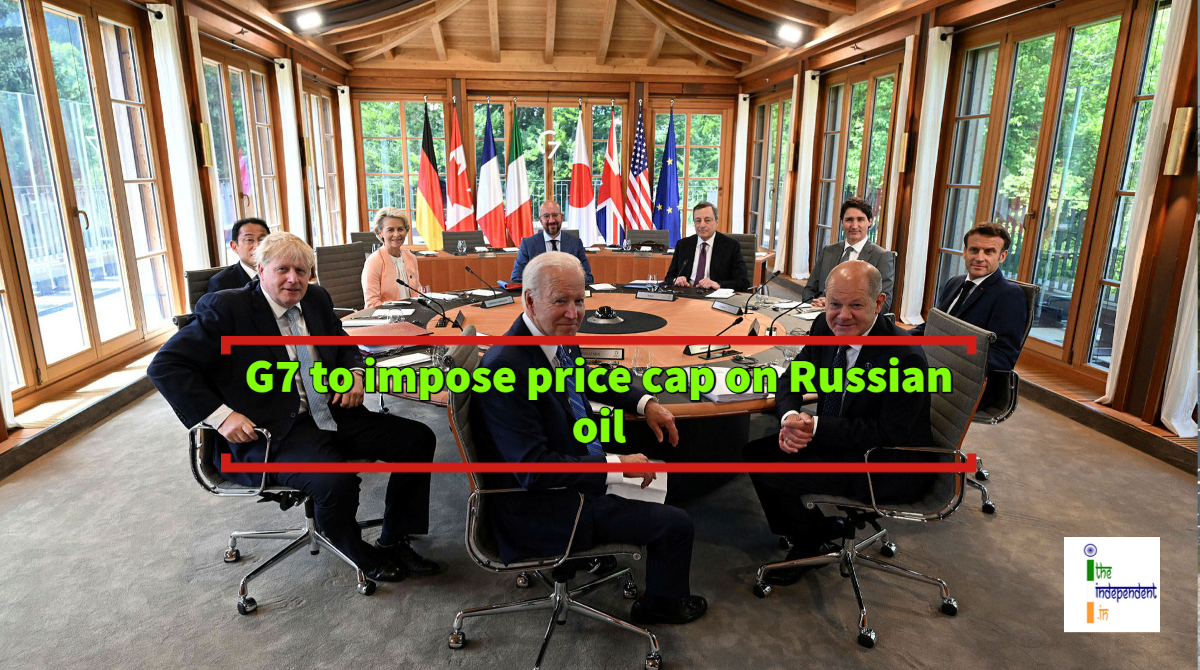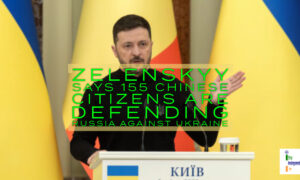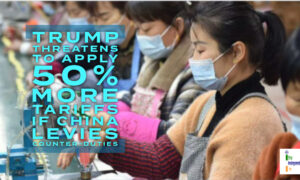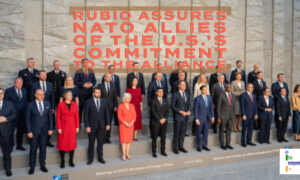
The members of Group of Seven (G7) have agreed to impose a price cap on Russian oil to hit it’s ability of funding the invasion of Ukraine.
The members of Group of Seven (G7) have agreed to impose a price cap on Russian oil to hit it’s ability of funding the invasion of Ukraine.
The Finance Ministers of G7 said the cap on crude oil and petroleum products would also help reduce global energy prices. The cap will be set at a level based on a range of technical inputs.
A Statement from Finance Ministers of G7 members read, “The price cap is specifically designed to reduce Russian revenues and Russia´s ability to fund its war of aggression whilst limiting the impact of Russia´s war on global energy prices, particularly for low and middle-income countries, by only permitting service providers to continue to do business related to Russian seaborne oil and petroleum products sold at or below the price cap.”
Kremlin spokesman Dmitry Peskov said, “Companies that impose a price cap will not be among the recipients of Russian oil.”
The introduction of a price cap on Russian oil means countries that sign up to the policy will only be permitted to purchase Russian oil and petroleum products transported via sea that are sold at or below the price cap. In the aftermath of Russia’s invasion of Ukraine, the price of oil soared and has remained at high levels. This means Russia has increased its revenues from fossil fuel despite its export volumes falling.
The European Union (E.U.) plans to impose an embargo on Russian crude oil from December 5, 2022. It will apply to crude shipped by tanker and most piped supplies.
The United Kingdom (U.K.) Chancellor – Nadhim Zahawi said the G7 were united against this barbaric aggression, adding the price cap would “curtail Putin’s capacity to fund his war”. The United States (U.S.) Treasury Secretary – Janet Yellen said a cap would also help fight inflation, which is on the rise in many of the world’s economies.
In fact, oil from Russia has been a lot cheaper than crude from other sources for months, due to a combination of official sanctions and a reluctance by some to trade in it. So, the price cap needs to be a lot lower than the level Russian oil is already trading at – and the enforcement mechanism needs to be absolutely watertight.
Meanwhile, Hungary has resisted efforts to sanction Russia’s oil and gas exports, increasing the proportion of its oil imports from Russia from around 43% in November 2021 to 64% May 2022. During the same period, Germany’s Russian oil imports dropped from 30% to 23%, and U.K.’s reduced from 11% to under 4%.







